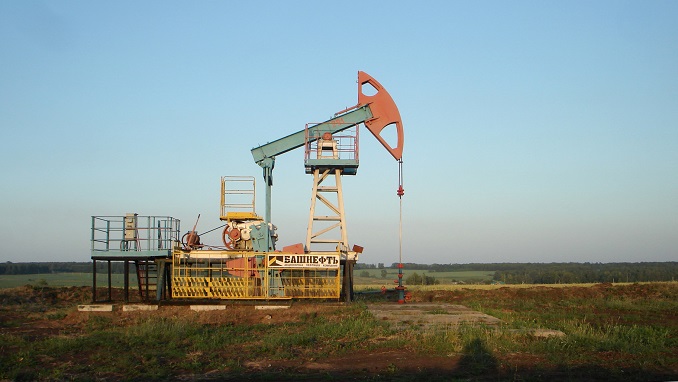The global agreement on the reduction of oil output means Russia’s oil output may decline next year, the country’s energy minister Alexander Novak said on Tuesday, according to Reuters.
The development could halt an uninterrupted decade-long run of oil production growth in Russia, the news agency writes.
OPEC and other large oil producers led by Russia agreed this month to resume with output reductions as oil prices have plunged to less than $60 from more than $80 per barrel in October in a blow to many oil producing countries’ coffers.
Speaking at a committee of the ruling United Russia party at the lower house of parliament, Novak said Russian oil production is set to rise this year by around 200,000 bpd to 556 million tonnes.
Russia’s oil production has been on an uninterrupted upward trend, thanks to new oilfields coming on stream, after 2008 when it declined amid a world-wide financial crisis and plunging oil prices.
Novak said that the base case scenario for production next year is 555-556 million tonnes.
“This could be adjusted, taking into account the reduction (deal), I think by 3-4 million tonnes to the downside. But a lot will depend on what further action we will take,” he told reporters. “It is hard to give a precise forecast, there are lots of uncertainties today.”
According to Bloomberg, the Russian energy minister said plans to meet with executives from oil companies on Wednesday to discuss the OPEC+ deal and targets for next year.
“It’s a planned meeting with oil companies to discuss the situation as of year-end on the domestic market, and work next year,” Novak said in Moscow. “We will, of course, also discuss the situation on the global market and companies’ operations, taking into account the decisions” made in Vienna with OPEC.












